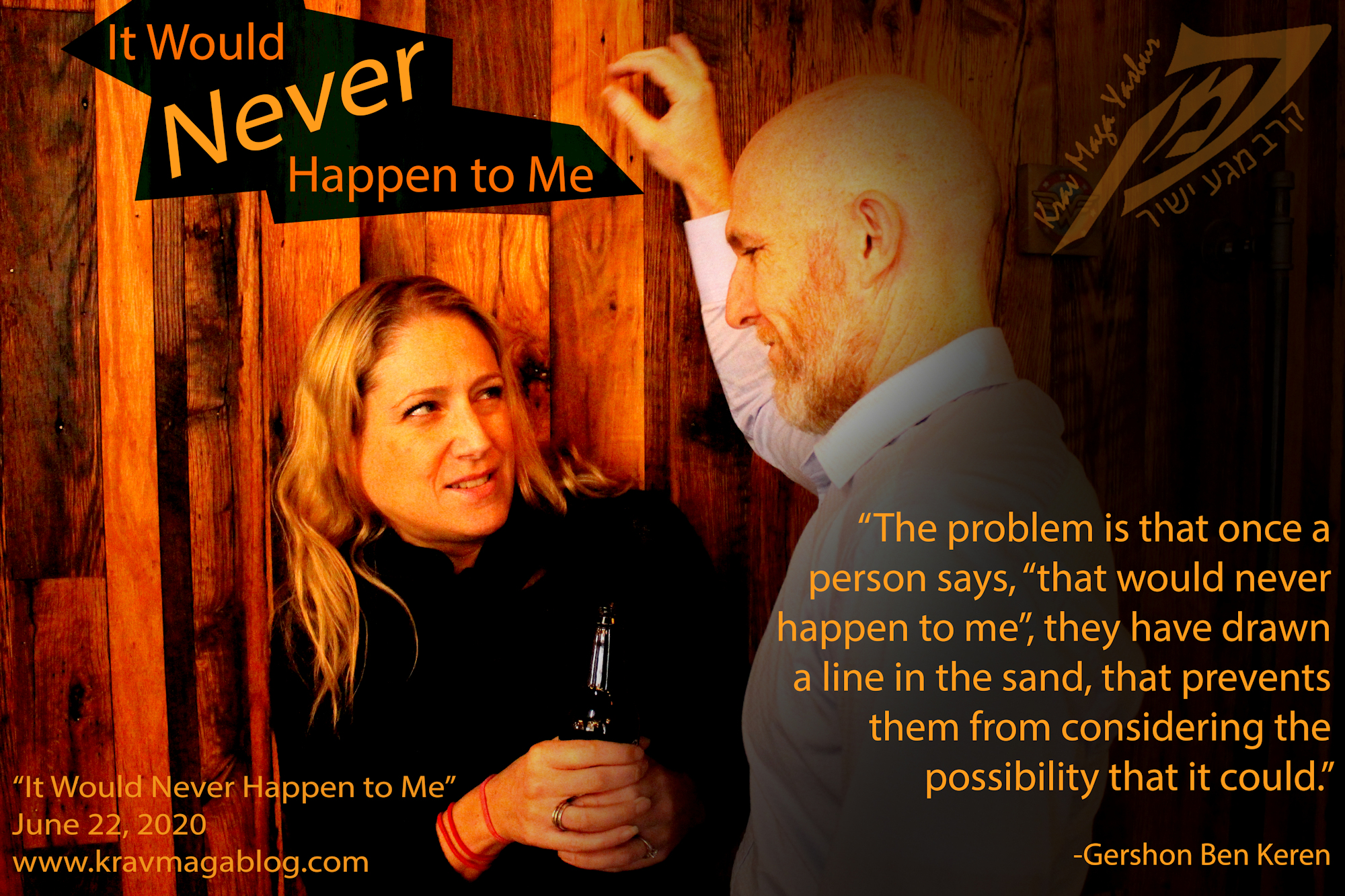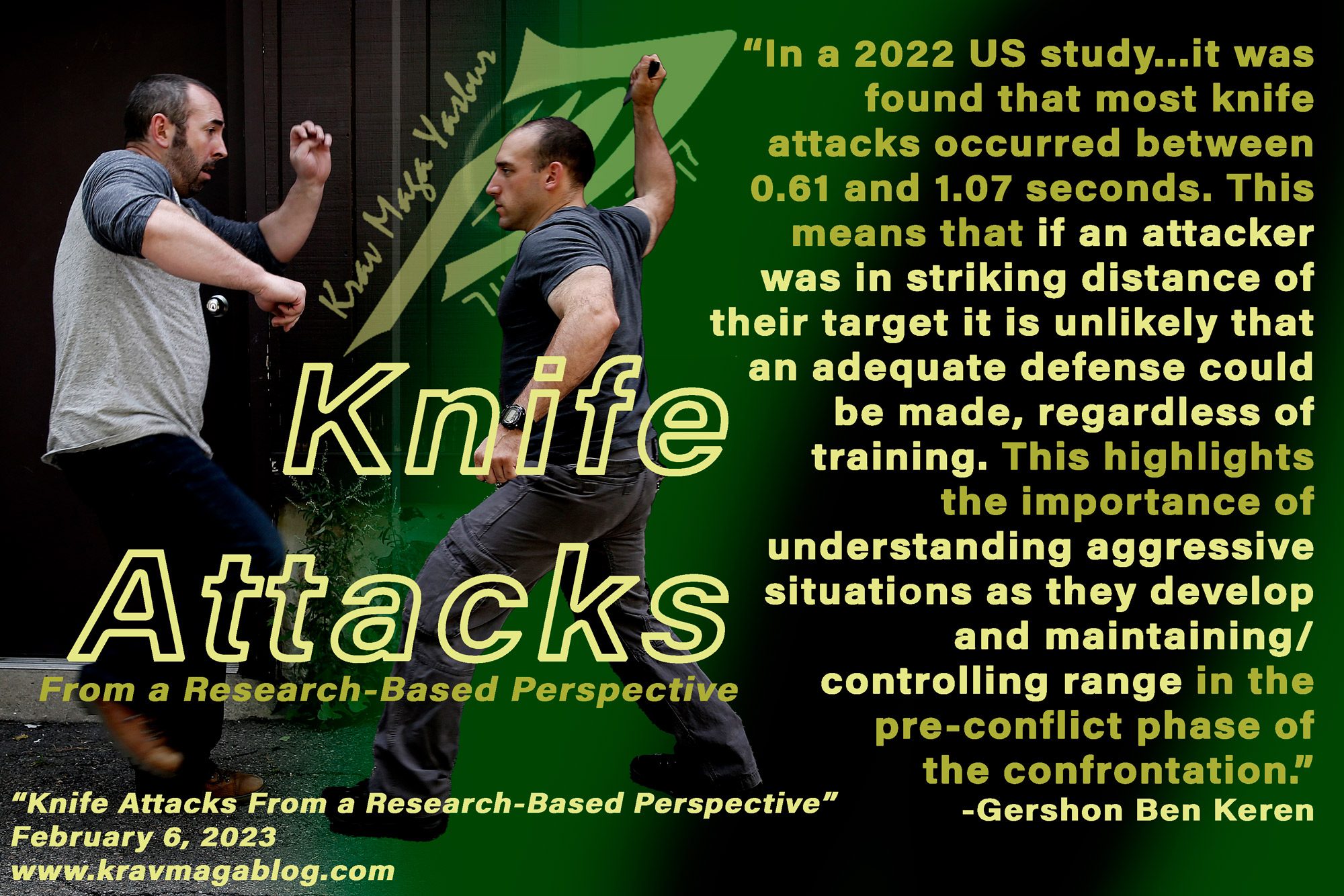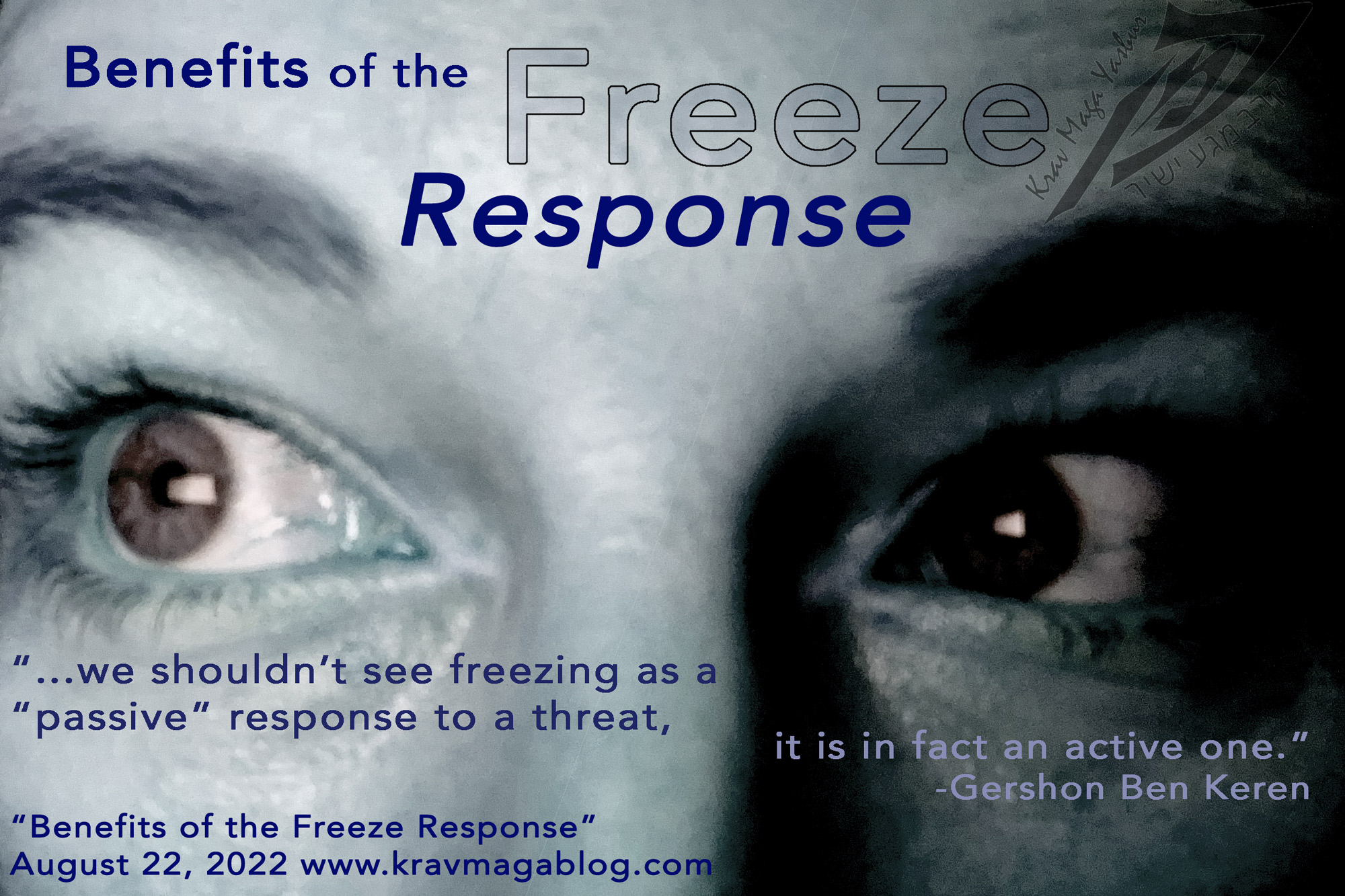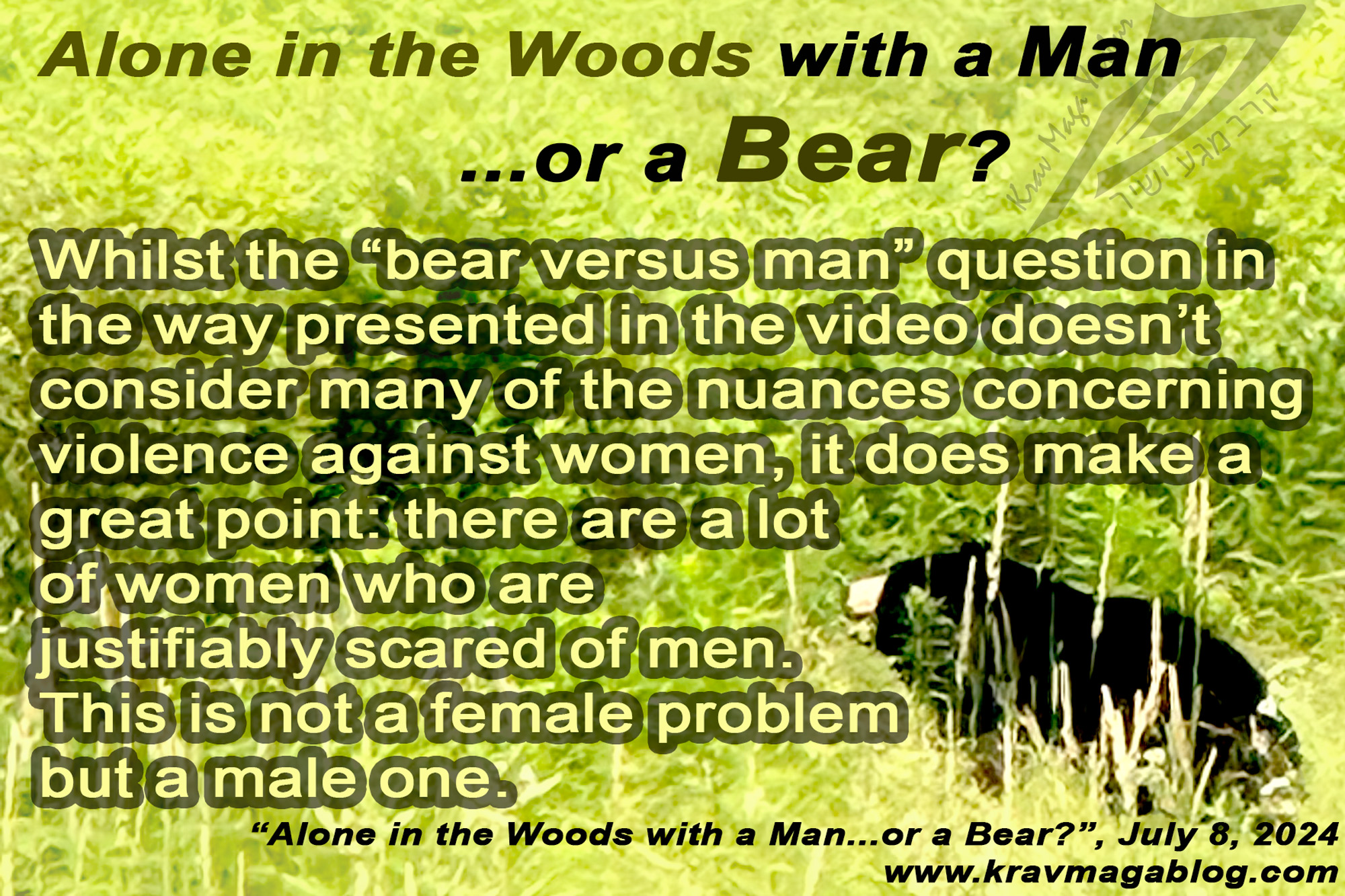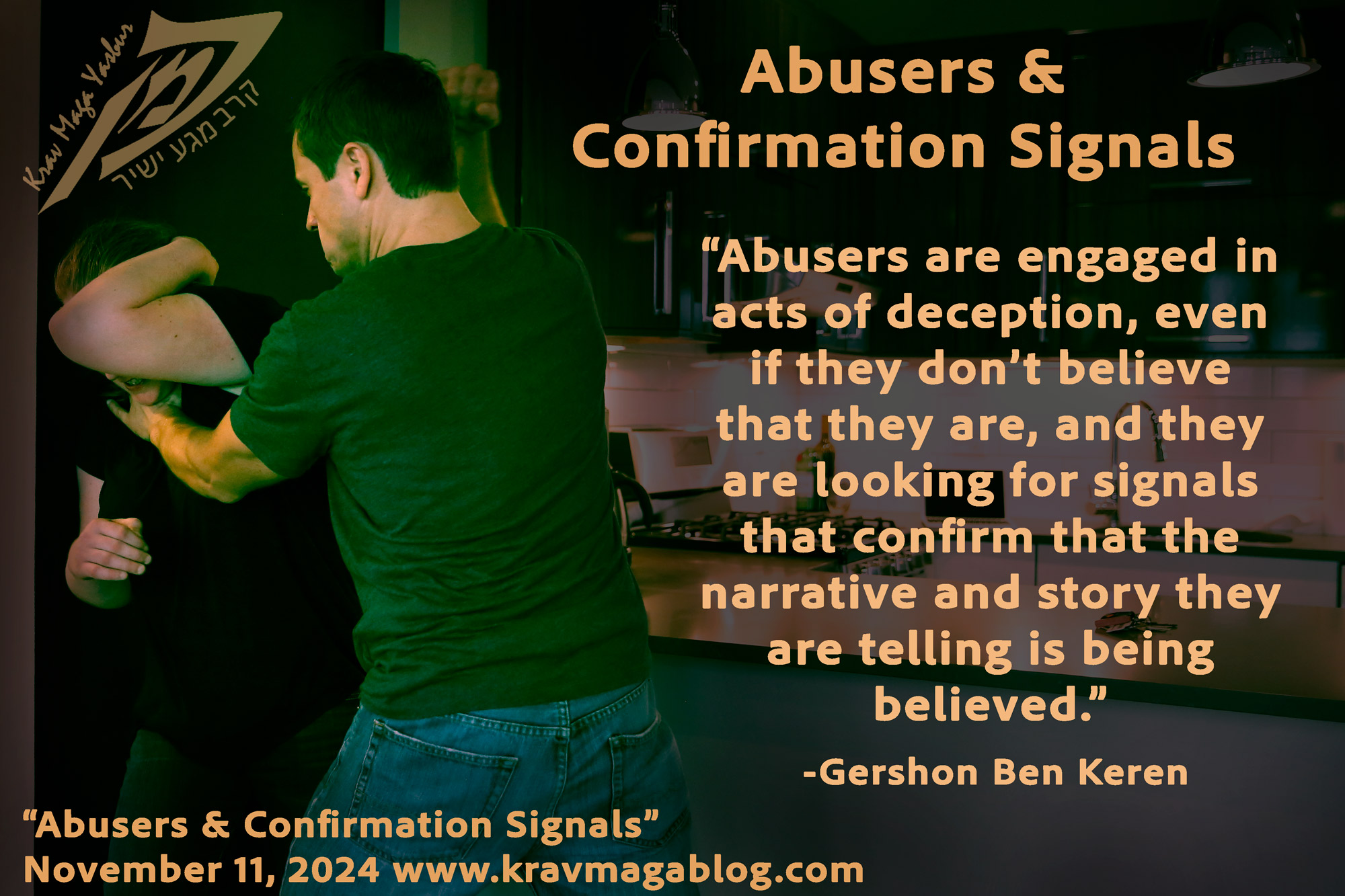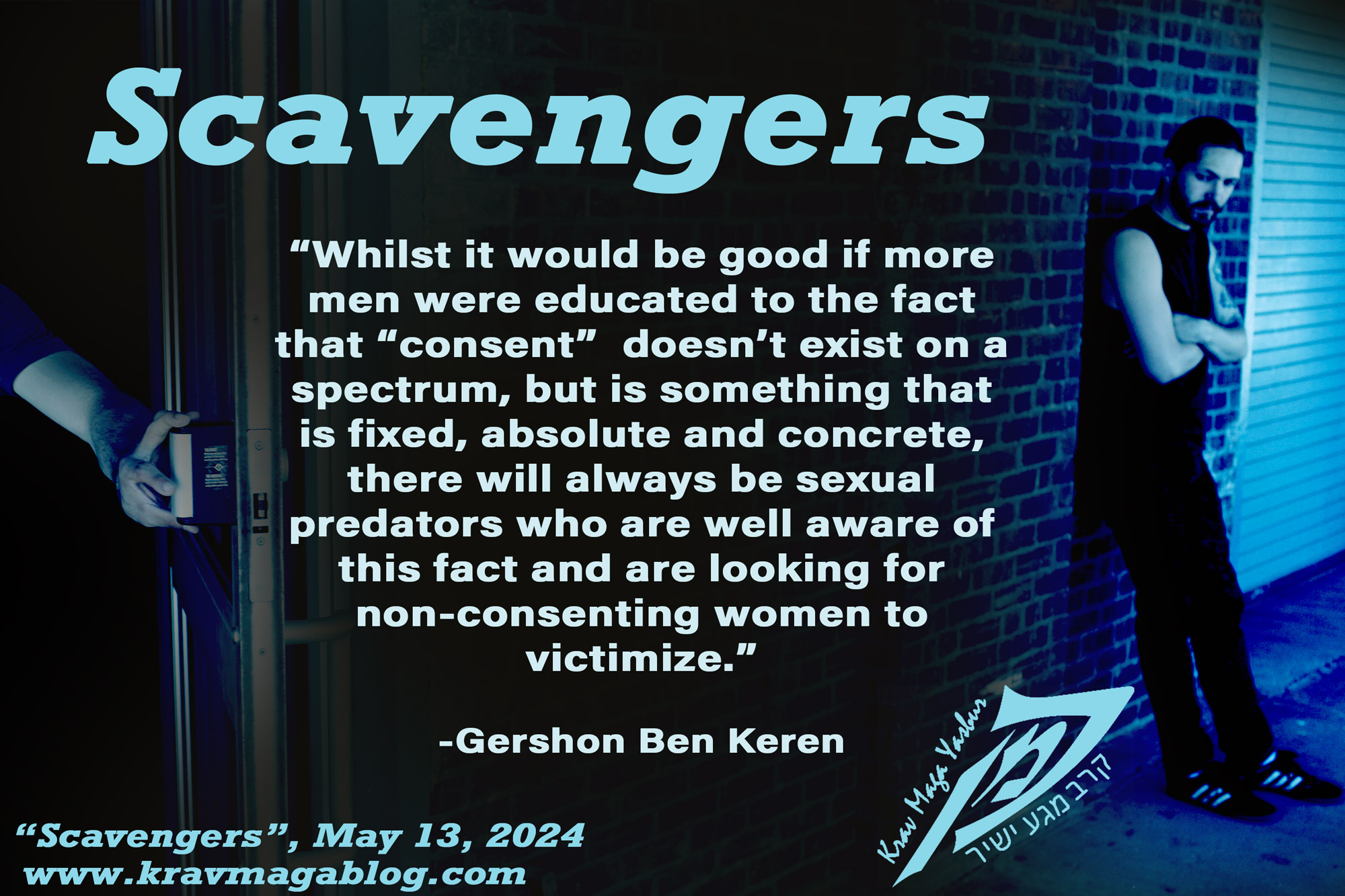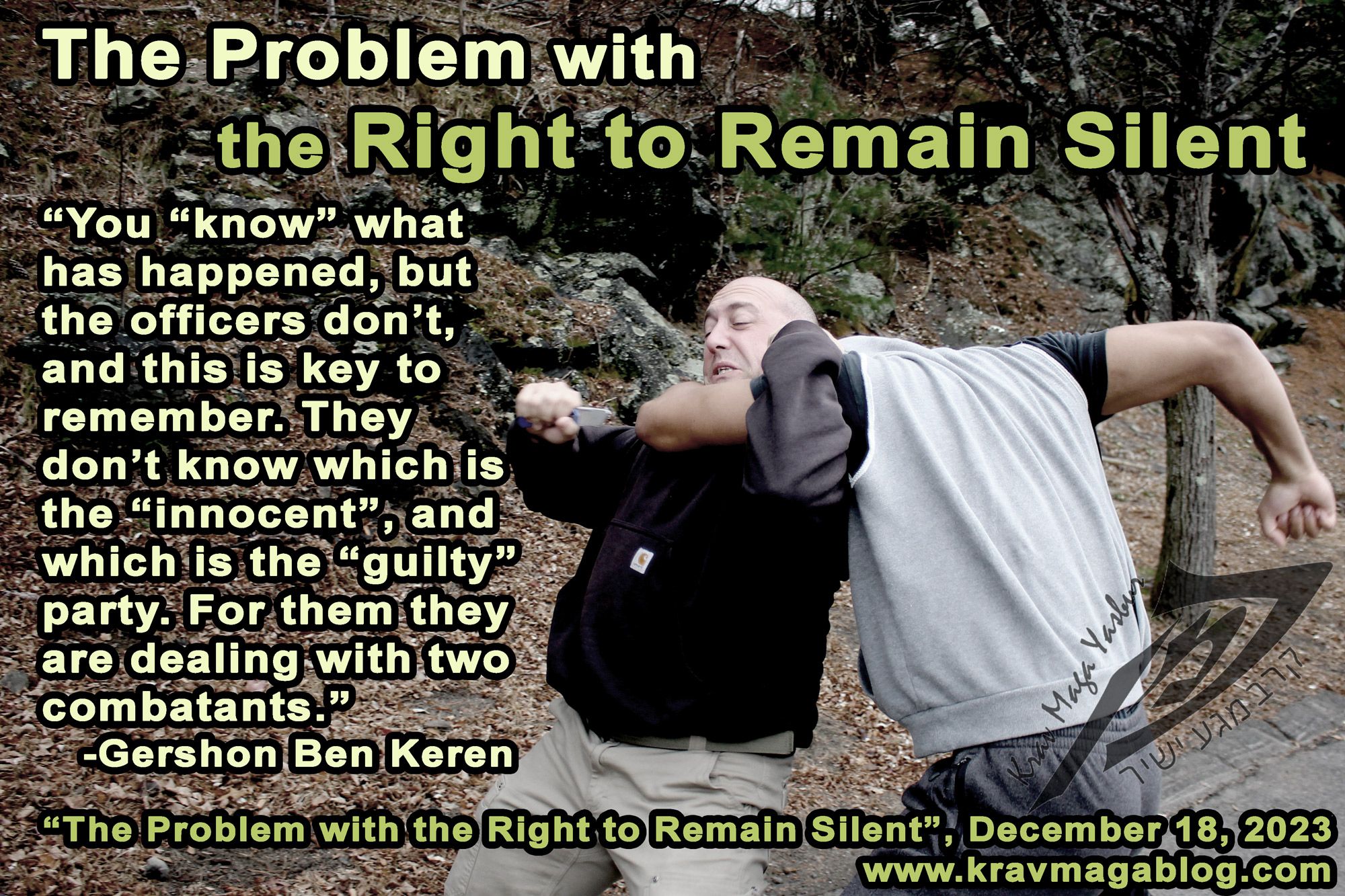Alone in the woods with a man or a bear?, is an article written by Gershon Ben Keren, a 5th Degree Black Belt in Krav Maga, who teaches Krav Maga in Boston, MA. He has also authored three Amazon best-Selling Books on Krav Maga.
A couple of months back a Tik Tok video went viral, that featured women being asked if they’d rather be alone in the woods with a man or a bear, with many choosing a bear rather than a man. Obviously, the video was intended to be provocative, in order to start a debate/discussion concerning violence and sexual violence against women, and unsurprisingly many people – in all likelihood mostly men – took exception to it. Whilst, the video offers a good starting point, concerning female perceptions of sexual violence, it is hardly scientific in its approach, and so lacks a certain “authority” e.g., we don’t know how many women were interviewed along with which interviews were excluded etc. I’m not saying this to devalue the point or worth of the video but rather to suggest that there is little reason to be offended by it. The video is a good starting point for a discussion about women’s fears of men, but it doesn’t fully explain the reasons why, the circumstances in which such fears are triggered, or how women actually experience violence, in fact in some ways it might be somewhat misleading in this regard. In this article I would like to expand the discussion as to why women justifiably may be afraid of men in certain situations and settings, and why rather than people being offended by this, we should recognize that this isn’t an overreaction or a form of paranoia but something that is reasonable and makes sense.
Many women have at some point in their life been in an abusive relationship. The CDC estimates that almost 25% of women have experienced physical violence i.e., physical harm, from a partner. However, this statistic doesn’t cover, or account for potential non-contact acts of abuse, such as preventing someone from leaving a room by standing in a doorway, snatching something away, and/or throwing something near to someone etc. Such acts of “intimidation” and “displays” of anger are hard to define and account for. For the person engaging in them, they might seem minor, insignificant and inconsequential but for those witnessing them – such as children – or experiencing them, they can be frightening and traumatic events; experiences that shape perceptions. I have been at sporting events where I have seen grown men “lose it”, because the team they were supporting were under-performing. In fact, I have seen football fans riot and smash up their own city out of frustration at their team’s loss; and I don’t remember any women being involved in this. This isn’t to say that violence is an exclusively male thing – I’ve seen quite a few fights between women – but rather that if you had to pick a gender that was more predisposed to acting violently, men win that one hands down.
To try and argue that men, as a group/population, don’t at times exhibit frightening and dangerous actions and behaviors, is naive. It is not that men perpetually engage in acts of violence but that they sometimes demonstrate their ability to do so and may be triggered to do so by seemingly trivial events, such as their team losing a sporting event. As a man I may feel it is unfair to be judged by such behaviors – rioting after a sport event – however I understand how this appears from a gender perspective i.e., every and any man may be triggered to violence by something minor or trivial etc. Faced with such a possibility, may a bear’s behaviors and goals be a bit more predictable and easier to understand? Whilst, a bear may potentially be more capable of causing extreme physical harm and damage to a person, it is not that a “man” lacks the ability to do so. A man may lack the strength to rip a person’s face off etc., but they have the ability to cause serious physical, emotional, and psychological harm to others of their own species. It is only our own species along with chimpanzees – and certainly not bears - who are able to get truly “creative” when it comes to sexual violence.
Whilst I understand the point/purpose of the question (bear or man) it has the potential to mislead us somewhat when we look at violence committed by men against women i.e., women are generally and statistically safer when with strangers in public spaces that they are with men that they know, in private spaces, such as their homes or other people’s homes etc. However, it is often these experiences, with people they know, that exacerbate women’s fear of male strangers; if someone you know or think of as a friend has previously acted aggressively or violently towards you, and/or in your presence, how much more likely is a stranger to? The reality/truth is “less”, however this supposed logic makes sense: if those who seemingly care about you are prepared to use aggression and violence, then a stranger who doesn’t care for you is probably much more likely to act aggressively towards you. Although in reality this is not the case, this viewpoint and perspective is wholly understandable and reasonable. Place a woman in a remote location – such as the woods – with a male stranger, and straight away the bear becomes a more preferable option when made available.
Whilst the “bear versus man” question in the way presented in the video doesn’t consider many of the nuances concerning violence against women, it does make a great point: there are a lot of women who are justifiably scared of men. This is not a female problem but a male one. Just because as an individual man may feel that it is unfair that a woman may see them as a potential threat when they possess no harmful intent towards them, doesn’t mean that this fear is unwarranted. If men want to change the perception that women have of us, then it is our job/responsibility to understand how our actions and behaviors may present an unfavorable view of our gender. I would rather make another person feel safe than exert a “right” because I have an opportunity/option to do so. When I first started working pub, bar, and club security and started talking to women about their fears and experiences etc., I made it a habit to cross to the other side of the street, if when on the streets late at night, I saw a woman walking the other way i.e., I took an action to demonstrate I wasn’t a potential threat/danger, so that a certain type of question didn’t have to be asked.
0 COMMENTS